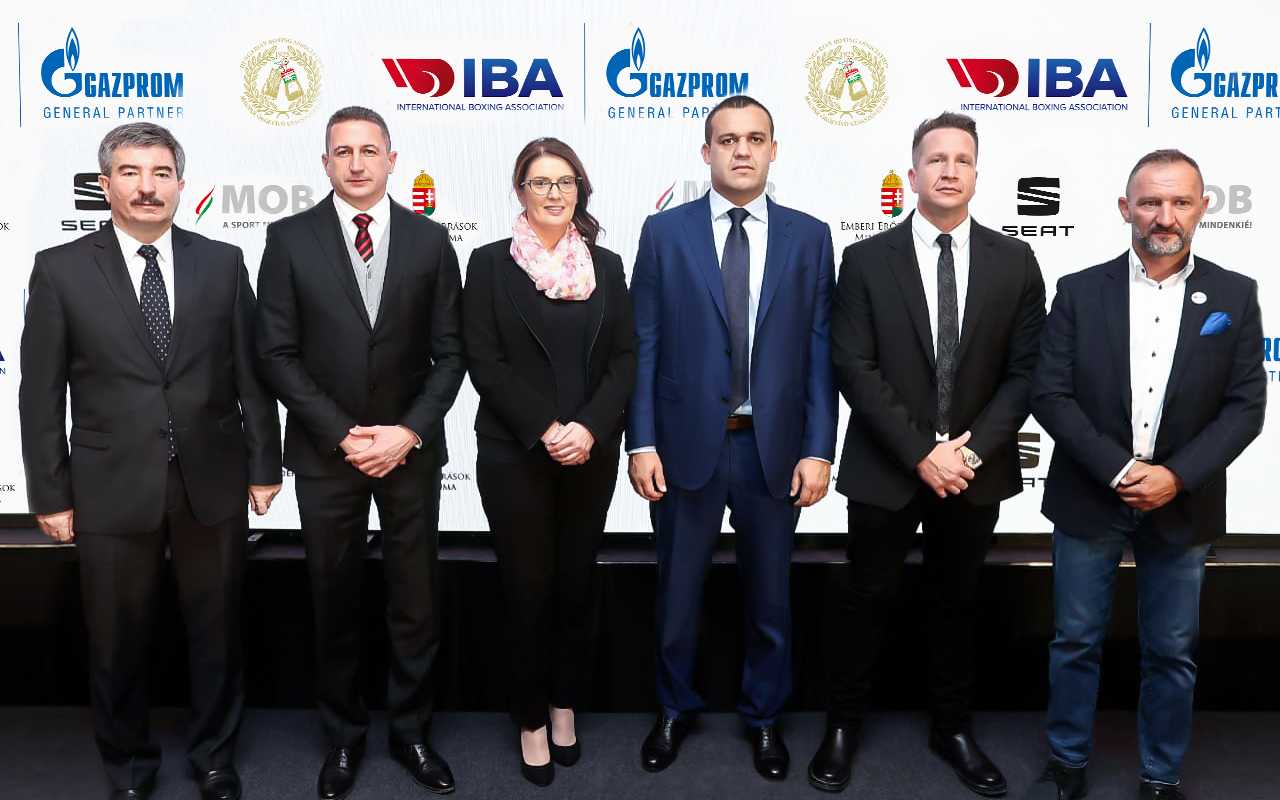The International Boxing Association (IBA) announced its work towards a new IBA Competition System, with a trial taking place at the 66th Bocskai Memorial Tournament, February 2022 in Hungary.
The new competition system will seek to build on the existing IBA World Championships, the related continental championships and the international multisport events featuring boxing tournaments. With sustainability in mind, the new competition system will aim to support and develop boxing tournaments that are already in place, which will be drawn together in a Boxing World Tour, while preserving the rich history of the sport. Along with significant prize money pools, and organizational support, IBA will work to generate greater interest in the sport of boxing with wider coverage of the events, while offering its athletes more chances to compete.
“The new World Boxing Tour competition system was developed with the goal of bringing greater opportunities to our athletes, as well as event organizers all over the world,” said IBA President Umar Kremlev. “Boxing has a rich history and it is important we build on existing successes, in a sustainable way.”
The 66th Bocskai Memorial Tournament is one of the oldest European elite boxing tournaments, which has been held since 1956. The upcoming event will see representatives across 20 countries participating in all of the 12 women and 13 men weight categories.
IBA Secretary General Istvan Kovacs added: “Boxing has given me so much and I am very honoured to be here in Hungary with a chance to help a new generation of boxers. The Bocskai Memorial Tournament is exactly the kind of event IBA must strive to preserve and develop. We will not be directing our resources just to create new competitions where they are not needed. Instead, we will work to promote and bring light to events like the one happening here only in a matter of days.”
With the Boxing World Tour currently in development, further details on ranking systems, upcoming events, and more will be created in conjunction with national federations, host cities and vitally, the athletes themselves.
Source: AIPS

